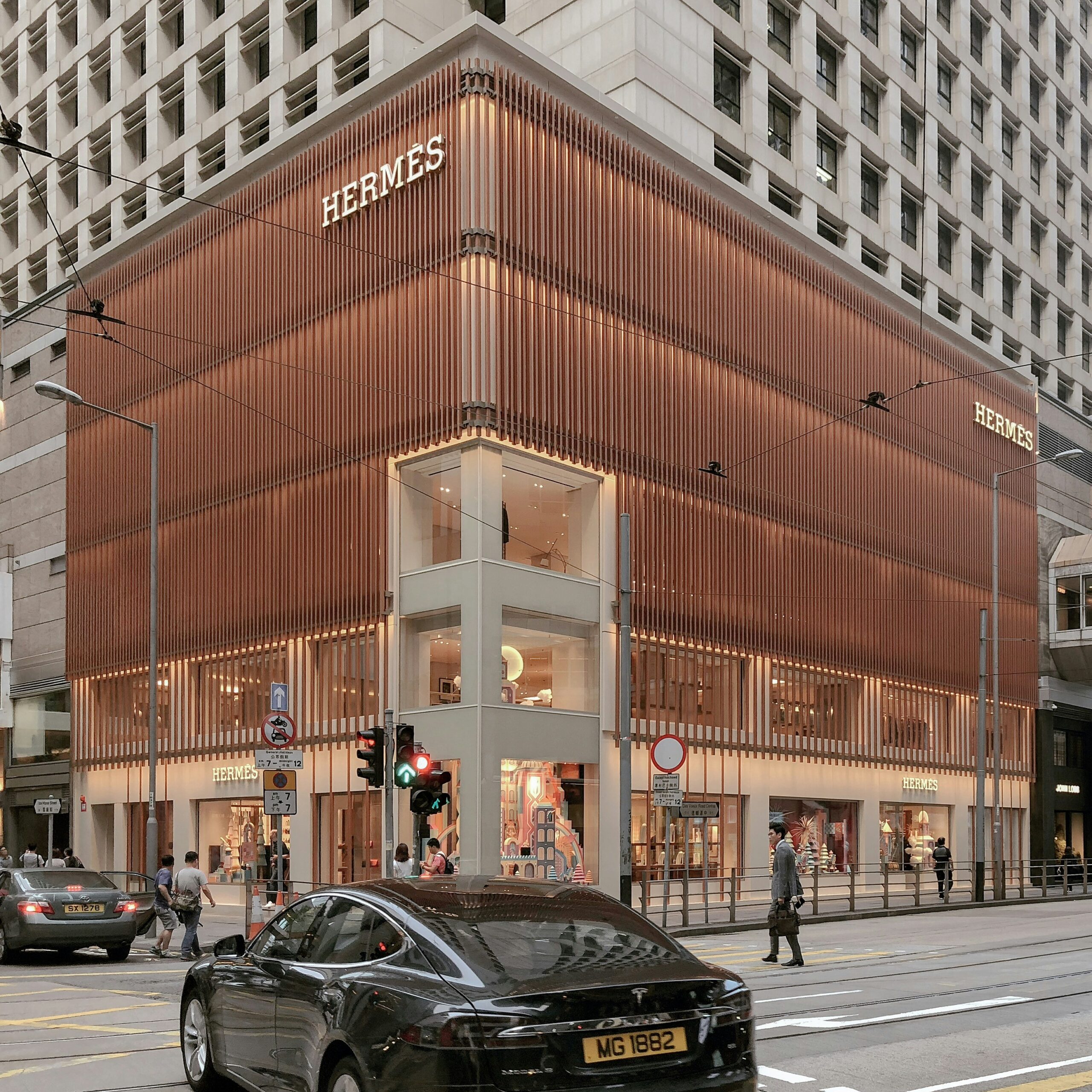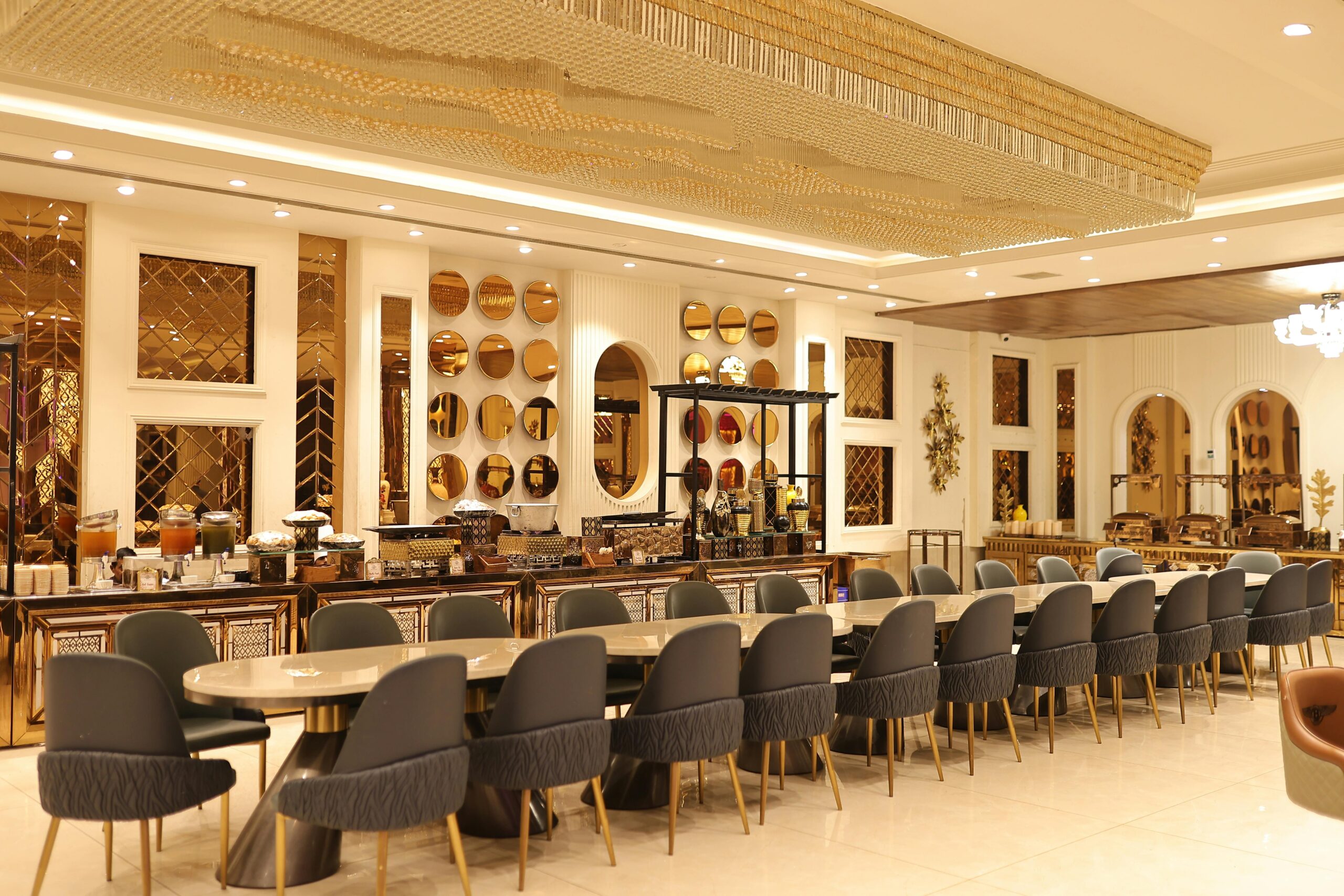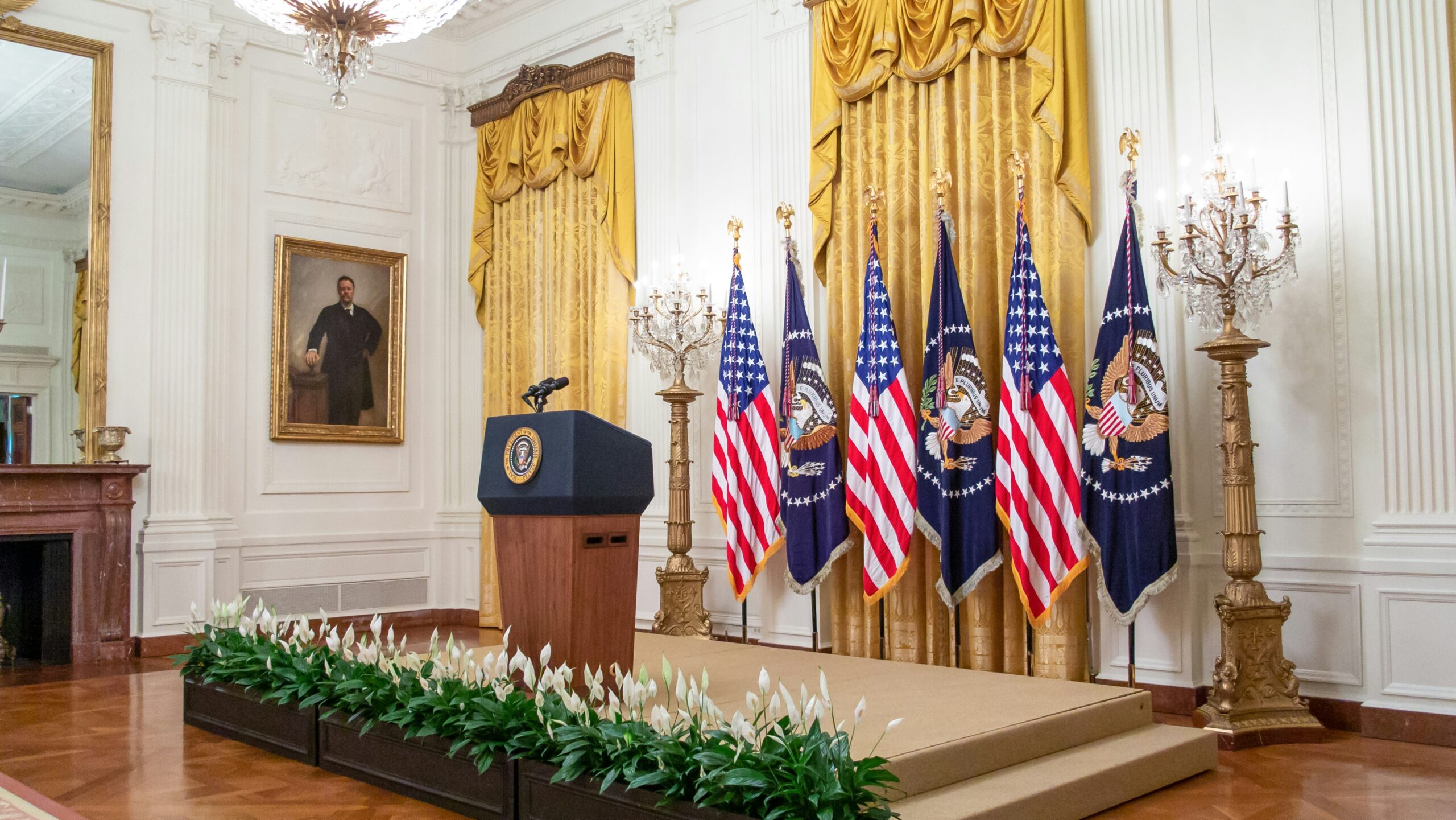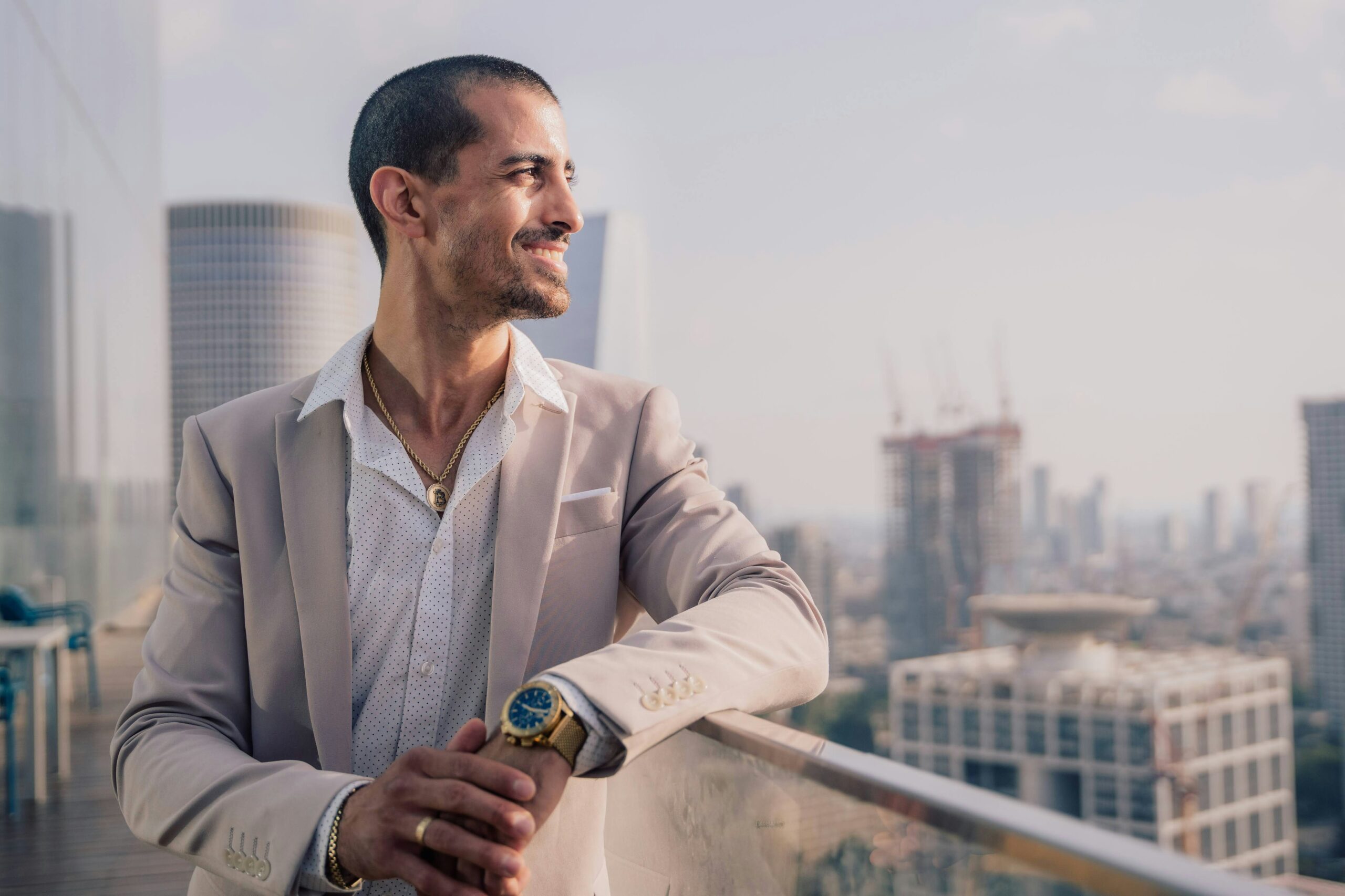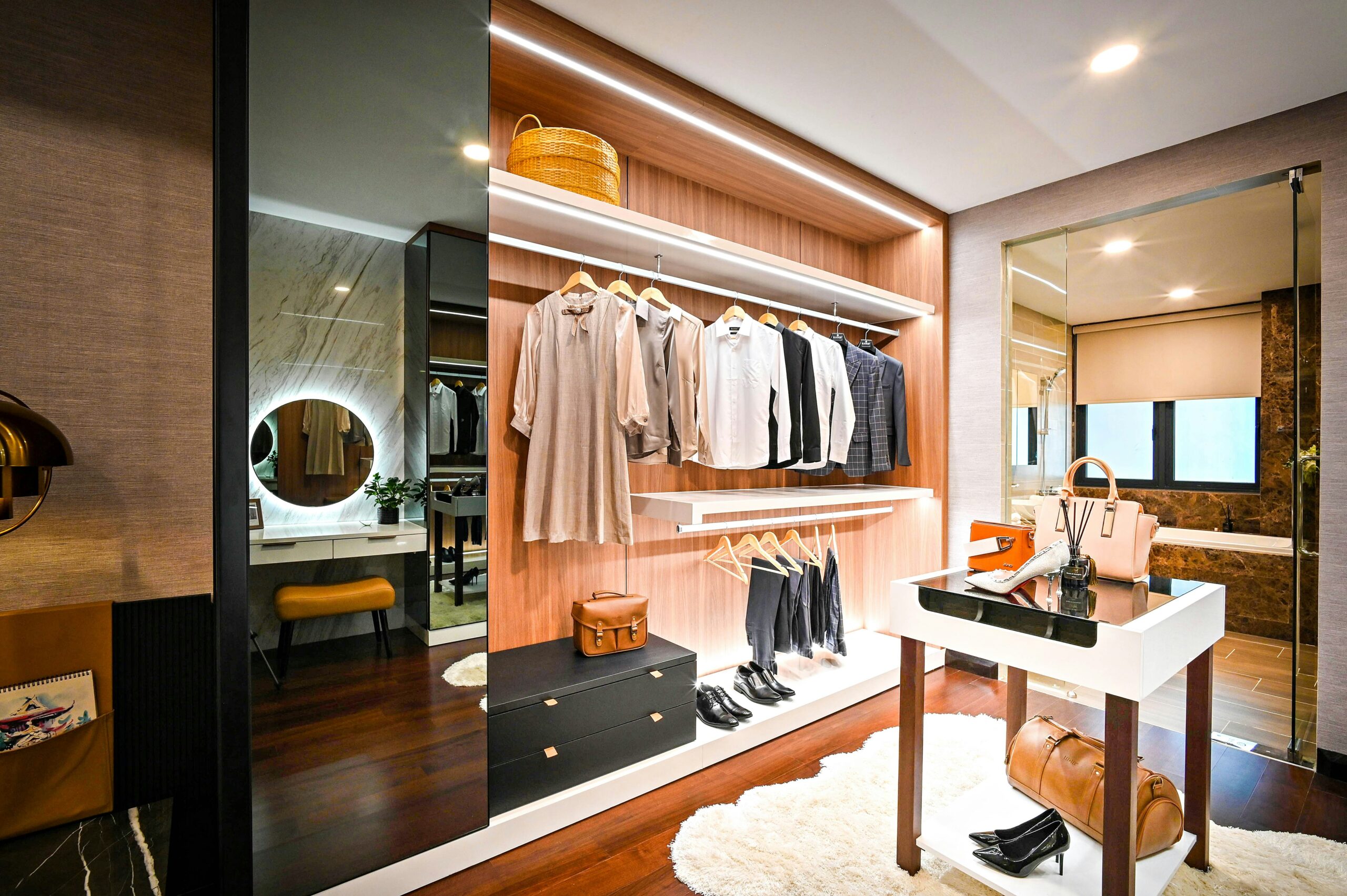Image credit: Unsplash
The majority of business owners who hear the term “luxury” think about high-end brands, exclusive products, or extravagant experiences crafted for the wealthy class. However, Neen James, an expert in luxury leadership and author of Attention Pays, presents a different angle on luxury. Her perception of luxury goes beyond costly items. It is more of an attitude and approach that all firms can use to set themselves apart in a saturated marketplace.
In a world where every business is vying for recognition, it takes more than just providing a product or service to modestly stand apart. To make clients feel valued, businesses don’t need to deal with luxury products. Through prudent and individualized touches, businesses can provide the experience that is associated with luxuries.
Embracing Luxury Mindset to Elevate Any Business
When it comes to business, luxury is not merely an expensive price tag. It is about how clients are treated and the level of service they get. For example, when a customer gets a hand-written thank you card or a unique service, they will feel like they are having a luxurious experience even if what they bought was just ketchup. As James says, ‘‘luxury is about experiences, not things,” stressing that there must be some indulgent and high quality for your clients to make their time with you memorable.
Understanding Luxury Mindset
The key to successfully incorporating luxury into any business lies in understanding what luxury means to your clients. According to James, there are four types of luxury mindsets. Business owners can tailor their approach to cater to these mindsets and elevate their businesses.
The Reluctant Client: Some clients have more money than they can spend. They live a life driven by ease and simplicity. Companies should always mention how their products or services save time and reduce frustration to attract such clients.
The Luxury Prioritizer: For these clients, luxury means power and expression of individuality. Businesses targeting these clients should highlight how their products and services can help their clients stand out in their industry.
The Confident Client: Luxury is appreciated by these clients only when it offers meaningful experiences or adds value to their lives. Businesses can attract such clients by conveying the message that their products and services can enhance family or community experiences.
The Luxury Seeker: Luxury, for these clients, is a daily indulgence and a way to evaluate their self-worth. Businesses can attract these clients by offering exclusive, unique experiences that make them feel special.
Luxury comes with Personalization and Attention to Detail
Incorporating luxury into a business doesn’t require a large budget or a premium product line. Instead, it’s about personalization and attention to detail. A small firm can offer luxury by tailoring its products or services to meet the specific needs of different client personas.
James shares a story of how a simple gesture helped her utilize the power of personalization. With a $6 subscription to a fly fishing magazine, she managed to secure a high-profile client, as the gesture made the client feel valued.
In another instance, James shared an incident in a Costa Rican resort, where a staff member went out of their way to inform guests about an impending rainstorm while they were planning to go on a hike. This act, which is completely free of cost, left a lasting impression on the guests who still recommend the resort to their friends and family.
Luxury Matters for Business Success
The network is net worth in the business world. According to James, “Revenue reflects relationships.” The stronger the relationship a business builds with its clients, the more likely those clients are to return, spend more, and refer others. Incorporating luxury into business practices helps deepen these relationships by making clients feel special and valued.
Luxury leadership is not limited to big brands. Any business, regardless of size or industry, can create a luxury experience to attract and retain clients. By focusing on personalization, attention to detail, and understanding the unique needs of different clients, businesses can build stronger connections to stand out in a noisy market.
































